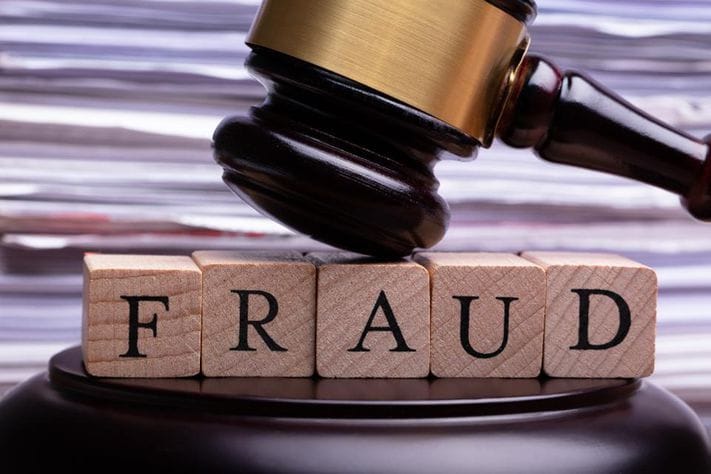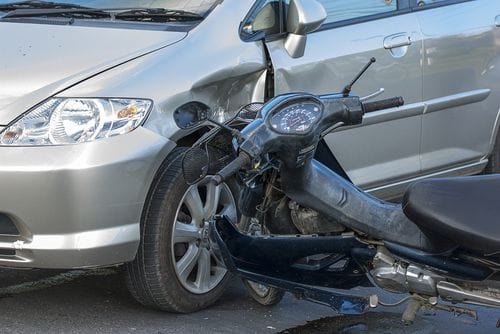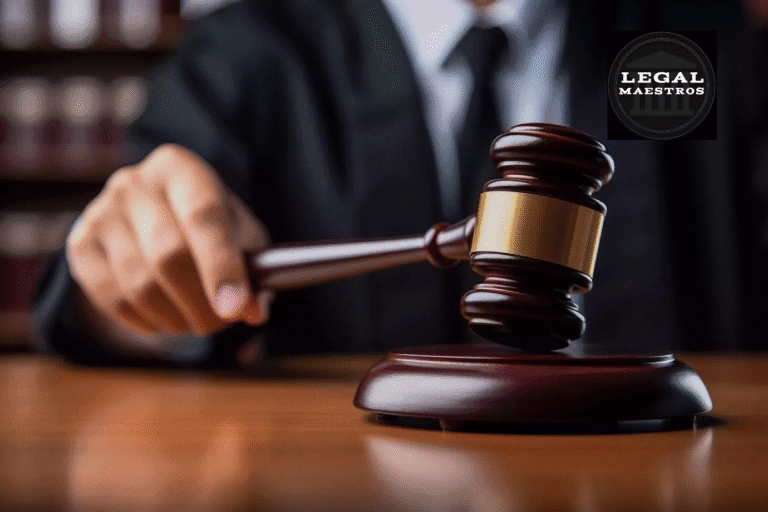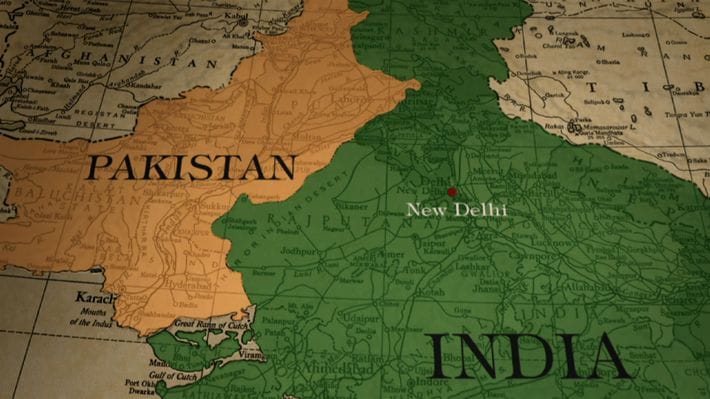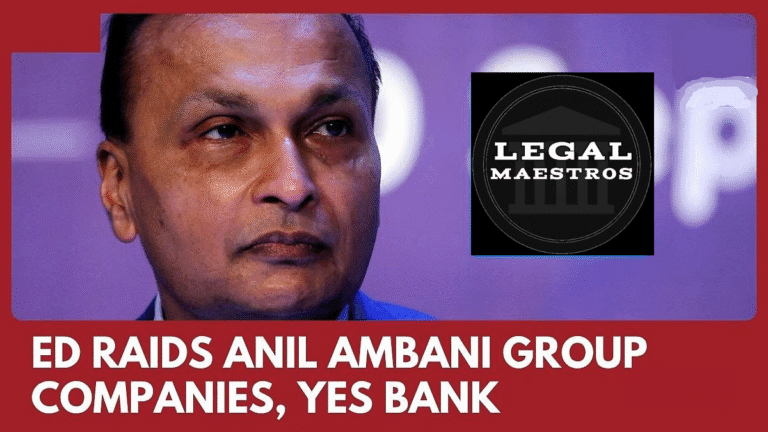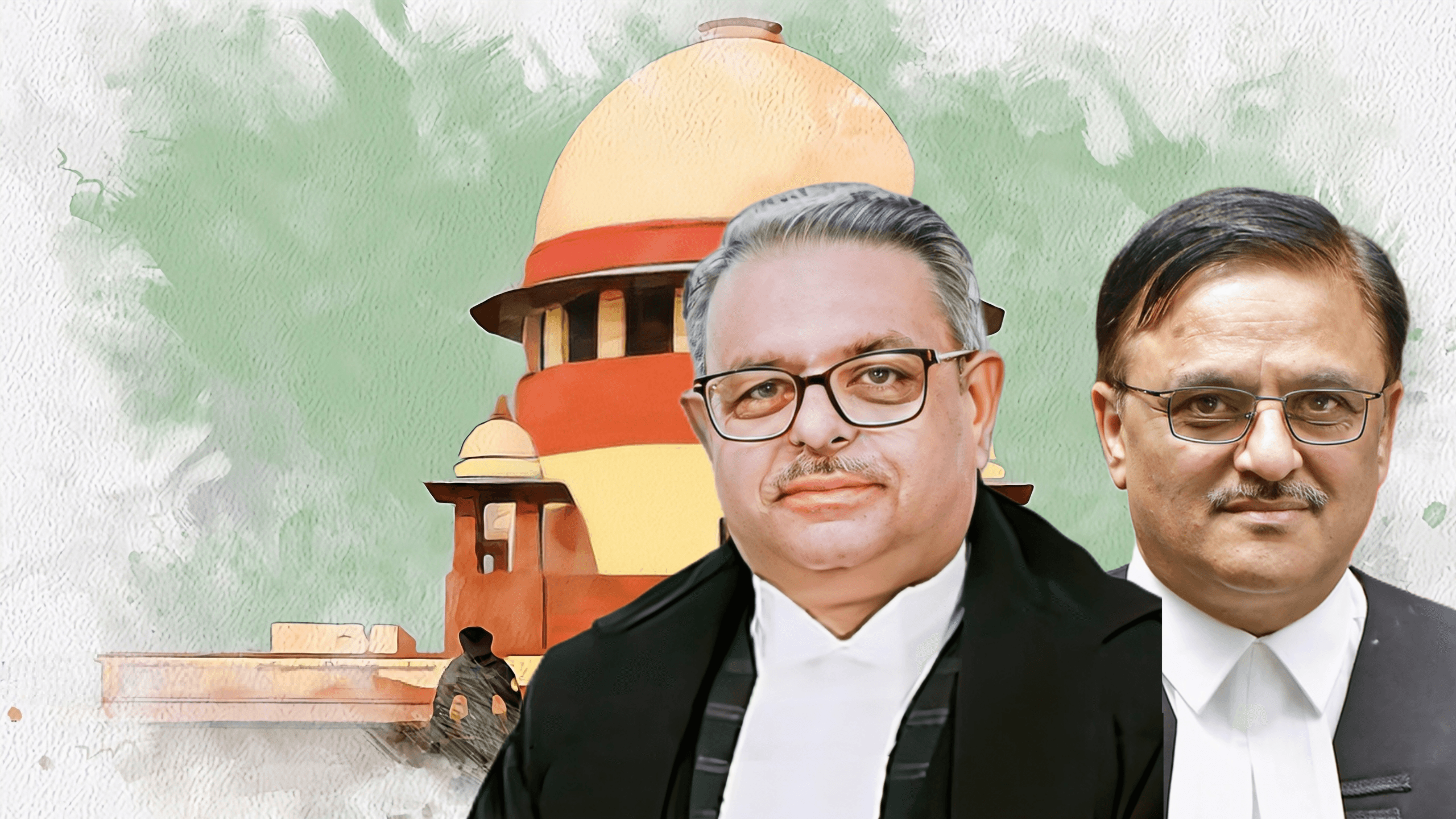
The Supreme Court of India made an important decision on April 16, 2025, in the case of Suresh C. Singal and Others v. State of Gujarat and Others. It explained the difference between civil disputes and criminal culpability. The Court said that if the parties can settle a financial disagreement over a bank loan without harming the public, it is unfair and superfluous to keep going with criminal procedures.
The decision, made by Justices Abhay S. Oka and Augustine George Masih, shows how important it is for courts to carefully consider whether a case is really about criminal intent or just a business dispute. The verdict gives businesspeople who are stuck in extended lawsuits even when they have fully paid back their loans a lot of comfort.
A Brief History of the Case
From 1998 to 2005, Bank of Maharashtra gave Suresh C. Singal and his partners’ enterprises a number of loans since they had an excellent history of paying them back. But in 2005, they couldn’t pay back the loans because of money problems, like damage from the Surat floods in 2004. The loans were called Non-Performing Assets (NPA), and the bank went to the Debt Recovery Tribunal (DRT) to get the money back.
For More Updates & Regular Notes Join Our Whats App Group (https://chat.whatsapp.com/DkucckgAEJbCtXwXr2yIt0) and Telegram Group ( https://t.me/legalmaestroeducators ) contact@legalmaestros.com.
While these civil cases were going on, the Central Bureau of Investigation (CBI) filed a First Information Report (FIR) against the appellants and others, including a bank executive, saying they had committed crimes such cheating, forgery, and criminal conspiracy under the Indian Penal Code. They also used parts of the Prevention of Corruption Act to say that the defendants had fraudulently gotten Letters of Credit.
One-Time Payment and Resolution
While the DRT case was going on, the parties talked about settling. The appellants agreed to pay back all of their debts, including interest and penalties, in a One-Time Settlement (OTS). The bank agreed to this offer, and the issue was officially settled on April 12, 2010. On April 11, 2011, the bank sent out a No Dues Certificate, which proved that it had received all of the money it was owed and had taken the appellants’ names off of default lists.
Even if the money problems were all worked out, the CBI still issued a chargesheet on May 27, 2010. Interestingly, the bank manager who was first identified in the FIR was not charged with a crime since there wasn’t enough evidence. This led to the corruption allegations being dismissed.
The Appeal and Problems in Court
The appellants asked the trial court to drop the criminal case against them, saying that the issue had been resolved and there was no longer any public interest in pursuing the prosecution. The trial court agreed with their plea and let them go. The CBI, on the other hand, appealed this discharge in the Sessions Court, which overturned the trial court’s ruling. The appellants subsequently went to the High Court to have the FIR and chargesheet thrown out, but the High Court turned down their request.
The Supreme Court ultimately heard the case. The major question was whether the criminal prosecution could go on even though the parties had negotiated a full civil settlement.
Arguments Made
The people who were appealing said that the whole issue was business-related and had to do with paying back loans and bank transactions. They had not only paid back the loan amount, but they had also paid back more than ₹5 crore more than what was allowed. The bank was happy and had no complaints. They said that pursuing the criminal case was unfair and unwarranted because there was no public harm or intent to defraud.
The CBI, on the other hand, said that fraud had occurred because people had forged documents to get Letters of Credit. They said that financial fraud, even if it’s settled with the bank, has bigger effects on the public’s trust in banks and should not be seen as a private issue. The CBI pointed to other examples where courts refused to drop criminal charges even after settlements were reached.
The Supreme Court’s Reasons and Results
The Supreme Court looked closely at the facts, past decisions, and the type of disagreement. It talked about important instances like Nikhil Merchant v. CBI, B.S. Joshi v. State of Haryana, and Gian Singh v. State of Punjab, which set rules for throwing out criminal prosecutions that were really about civil disputes.
The Court decided that the matter was mostly civil because it was based on a business connection between the appellants and the bank. It said that the bank hadn’t filed the complaint and hadn’t lost any money. A legally binding settlement had paid back the whole amount owed. The accusations against the bank official under the Prevention of Corruption Act were dismissed because there wasn’t enough evidence against him.
The Court made it clear that criminal law should not be used to pressure people after a full settlement. It said that pursuing the case would only cause problems and misuse of the judicial system when the chances of conviction are low and there is no serious crime left to deal with.
Confirmed Important Legal Principles
The ruling confirmed that the Court has the ability to throw out criminal cases under Section 482 of the Criminal Procedure Code and Article 226 of the Constitution when:
The disagreement is mostly about business or civic matters.
There is a full agreement between the parties.
The crime that is being spoken about does not hurt the public or involve major moral transgression.
The person who complained (in this case, the bank) has no problem.
Continuing the prosecution would be unfair or harsh.
The Court also said that these powers should be used carefully, but they shouldn’t be taken away when the legal and factual basis for prosecution goes away.
Final Decision and Instructions
The Supreme Court agreed with the appeal and threw out the orders from the High Court and the Sessions Court. It brought back the trial court’s decision to let the appellants go. The FIR lodged by the CBI led to the end of all criminal cases, including the chargesheet. The Court said that it would not be helpful to keep the lawsuit going.
This decision makes it clear how courts should handle disagreements that come up because of loan defaults and banking transactions. When these kinds of things are settled in court and there is no intent to cheat or harm the public, criminal trials should not go on just for the sake of formality. The verdict shields people from unwarranted harassment and makes it clear how important it is to be fair and just in financial disputes.
It also serves as a reminder to law enforcement officials to tell the difference between civil wrongs and criminal behavior. Not all business failures are fraud, and the law should be used to fix wrongs, not keep them going.
This choice makes the rule stronger that the criminal justice system shouldn’t be utilized to penalize civil disagreements that have already been settled in a legal way.
